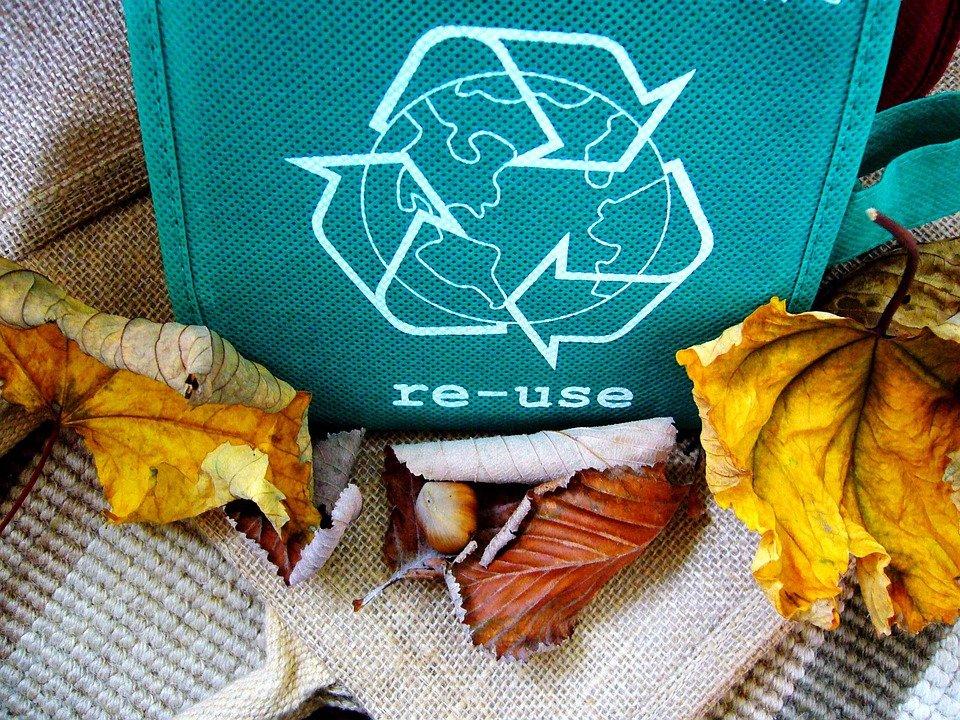
Most people are familiar with the 3 Rs of waste management: Reduce, Reuse and Recycle. They can recite these ideas and give examples of how they embody them in their daily lives. However, there’s been an expansion in the ideology — from three concepts, there are now seven Rs to consider. Still, each one is pretty easy to incorporate daily, so people won’t have difficulty adopting the practices.
There have always been initiatives to protect the environment. People recognize that our planet has limited resources and that there need to be efforts to promote sustainability. Aluminum recycling, paper product recycling, and plastic recycling are among the things that certain facilities handle to address such concerns. These facilities help reduce the volume of trash in the landfills and produce raw materials that they can supply to various industries.
How can you incorporate the 7 Rs of waste management? Let’s break it down in this article.
- Recycle
Sort common household products into different bins to start your recycling journey. There should be containers for paper products, plastics, glass, and metals, alongside a compost pile for food wastes. With studies stating that you can effectively recycle about 75 percent of household products, there’s no reason why you can’t do it.
- Refuse single-use plastic bags and containers
Among the easiest things to do is refuse single-use plastic bags and containers whenever you shop. Instead, bring jute or cloth bags to place your groceries in after checkout. After all, plastic bags are made from non-renewable resources, clog up drains, and take many years before they disintegrate entirely. In addition, single-use containers have harmful chemicals that affect not only humans but also animals and plants.
- Reduce rubbish
Avoid throwing away recyclables and other organic wastes. Instead, you can reduce the amount of trash your household produces by thinking of different ways to reuse what seems like garbage. For example, you can use coffee grounds to repel insects from your plants. You can also repurpose old clothes as rags rather than throw them away.
- Reuse
You can repurpose other materials to good use. For example, you can upcycle paper boxes into colorful box organizers. Moreover, you can reuse glass and plastic jars into flower vases or desk organizers. You can even accessorize them to make them look much better than before.
- Repair
Repair cafes are sprouting all over where you can find people who can help you fix broken items. So, don’t throw away your sneakers; you can take them to a shoe restorer. Likewise, don’t throw your broken record player; there are people who can repair them, too. You can greatly reduce the amount of trash in landfills by not throwing away broken equipment quickly.
- Regift or sell
If you can’t find a good use for a gift, don’t throw it away. Instead, store the item for a few months. Then, if you still haven’t found any use for it, consider regifting or selling it to other people. You can even donate it and more items to charitable institutions.
- Recover
Don’t burn dried leaves. Instead, shred them and use them as a natural fertilizer. Compost food wastes, too. You can recover carbon from these organic materials and help the soil recover much-needed carbon content. It will also help you save water and other resources.
Conclusion
Adapting and adopting the 7 Rs of waste management in daily life is pretty easy as they’re regular activities that can significantly impact sustainability. More people should look into it as it will positively affect the environment.